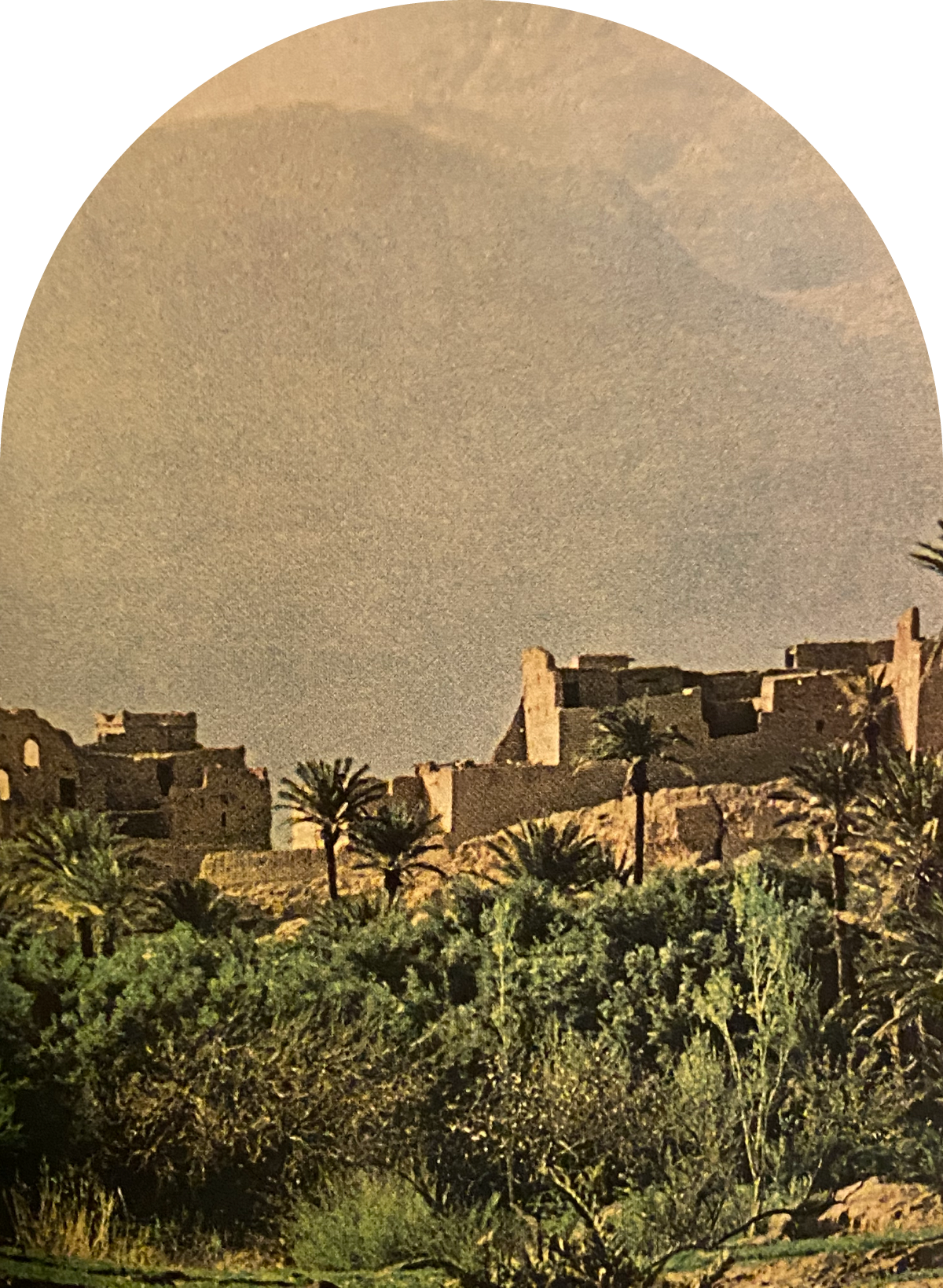— How it all started
“I first discovered prickly pear seed oil four years ago, initially intrigued
with the promise of an oil that I could work within my daily routine, I
knew I had to dig deeper. Almost straight away I noticed the changes
in my skin — balanced complexion, removed redness, dewy glow — I
knew this was a product that I could stand behind and have not looked
back since. This began the journey of ‘by oli oli’. The intention to kindly
source, create and provide 100% natural and traceable self care
products to the people, while leaving the lightest footprint we can.”
— by oli oli (Alex)


